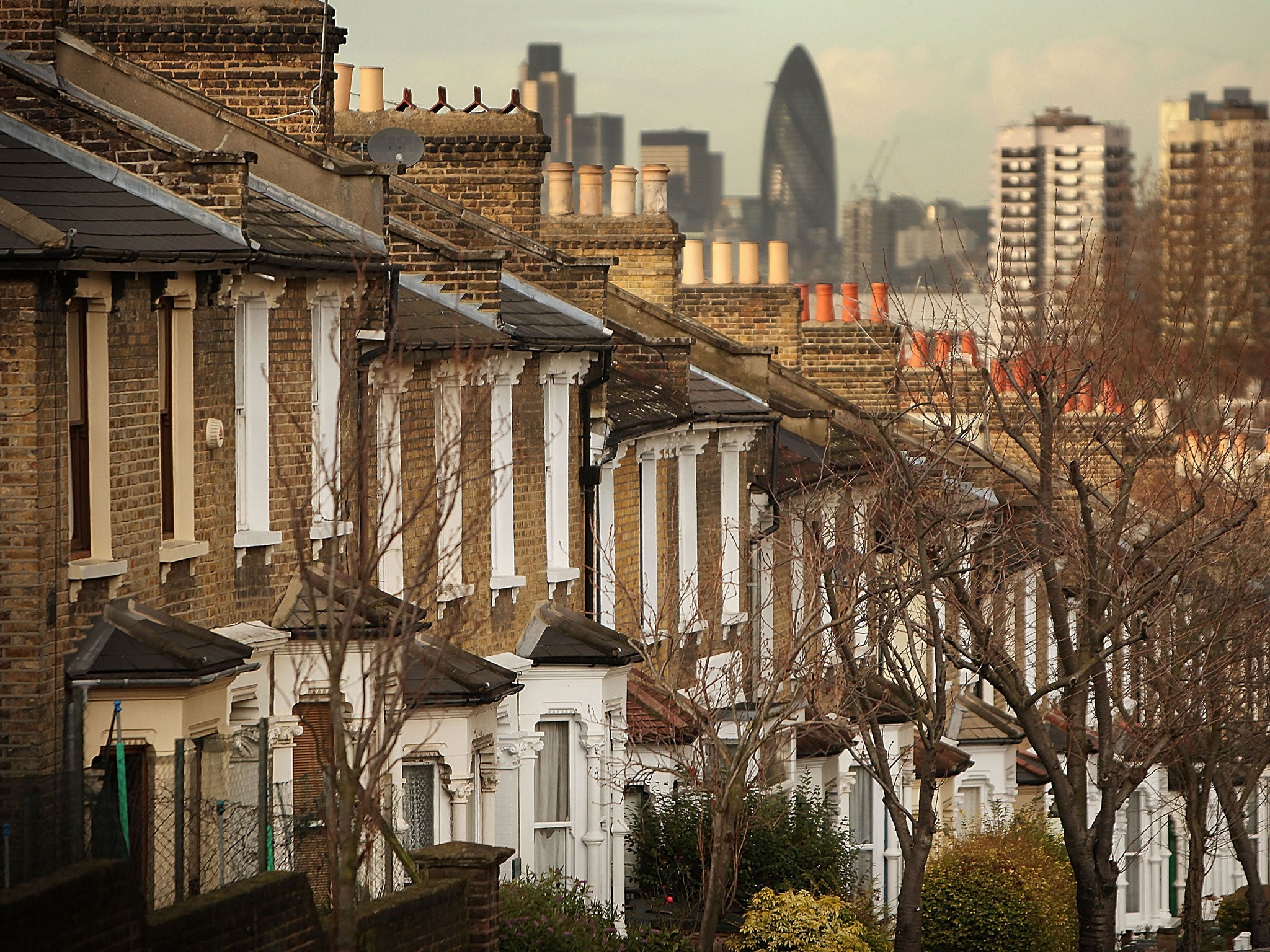Mortgages: What should I do if I’m on a standard variable rate?

“Those on a typical standard variable rate (which is currently around 4.75 per cent) should already be considering a move to save money,” advises David Hollingworth of London & Country Mortgages. “However they can also take the opportunity to build in some protection against future rate rises. It’s still possible to fix for five years at just below three per cent. For example Norwich & Peterborough BS offers a five year fix at 2.98 per cent to 75 per cent LTV with a £1,295 fee.
“Of course some borrowers will be on lower SVRs and may be more reluctant to give up on these rates (for instance many will be on the old Nationwide BMR which is currently 2.5 per cent). They could perhaps give themselves a stress test to see how comfortable they would feel if rates were to rise by a certain margin. That may point them toward a fix but even if they stay put on the variable deal they could look to overpay in the meantime to try and make the most of the low rates and pay down the mortgage more quickly.”
Mark Harris, of SPF Private Clients, says: “Compare your SVR with the alternatives. If your SVR is 5.99 per cent or more, then there are plenty of cheaper fixed-rate options. However, those sitting on historic super-low SVRs may find that the long-term fixes out there are less attractive so may decide to stay put for now and benefit from that cheap rate for longer.
“If you do this, consider overpaying with the money you are 'saving' each month; this will reduce your outstanding mortgage faster plus ensure you get used to paying a higher mortgage amount each month for when you do move onto a higher fixed rate.”
Ray Boulger of John Charcol, says: “Providing you have at least 10 per cent equity in your property and you don’t plan to sell your home in the near future, switch to a fixed rate. Although a little dearer than two or three year fixes, five or 10 year fixed rates offer protection from when rates are actually likely to rise. It is now possible to get a 10-year fixed-rate with early redemption charges for just the first five years.”
Join our commenting forum
Join thought-provoking conversations, follow other Independent readers and see their replies
Comments
Bookmark popover
Removed from bookmarks